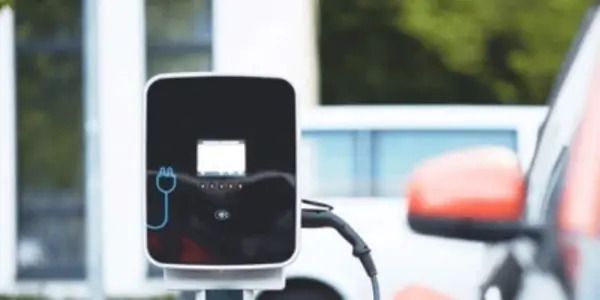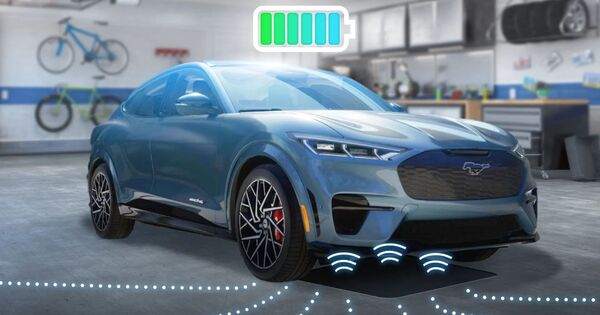As more people drive electric vehicles, congestion and waits may arise when multiple individuals need to charge at the same time. A new study from Chalmers University of Technology in Sweden demonstrates how AI-controlled charging stations, using smart algorithms, can give electric vehicle users personalized charges, reducing both price and waiting time for clients. However, the researchers emphasize the need of treating ethical problems seriously, as there is a potential that artificial intelligence will exploit information from drivers.
The current commercial charging infrastructure can be a jungle. The market is active and complex, with a wide range of subscriptions and open competition among suppliers. At some rapid charging stations, there may be congestion and long lines. In a new study, Chalmers researchers developed a mathematical model to evaluate how rapid charging stations controlled by artificial intelligence (AI) can aid by providing electric car users personalized prices, which they can accept or reject. The AI employs algorithms that can modify rates based on specific criteria, such as battery level and geographic location.
Smart charging stations can solve complex pricing in a competitive market, but our study shows that they need to be developed and introduced with privacy protection for consumers, well in line with responsible-ethical AI paradigms.
Balázs Kulcsár
“The electric car drivers can choose to share information with the charging station providers and receive a personal price proposal from a smart charging station. In our study, we could show how rational and self-serving drivers react by only accepting offers that are beneficial to themselves. This leads to both price and waiting times being minimized,” says Balázs Kulcsár, professor at the department of electrical engineering at Chalmers.
In the study, the drivers always had the option to refuse the personal price, and choose a conventional charging station with a fixed price instead. The personal prices received by the drivers could differ significantly from each other, but were almost always lower than the market prices.

The iterative AI system can help charging station suppliers determine which particular pricing the buyer is willing to pay and under what conditions. However, during the course of the investigation, the researchers discovered that on some occasions, the algorithm increased the price dramatically when the electric car’s batteries were nearly empty, leaving the driver with no alternative but to accept the offer.
“Smart charging stations can solve complex pricing in a competitive market, but our study shows that they need to be developed and introduced with privacy protection for consumers, well in line with responsible-ethical AI paradigms,” according to Balázs Kulcsár.
More about the study
The researchers developed a mathematical model that depicts the interplay between profit-maximizing rapid charging stations and electric vehicle customers. The “charging stations” might provide public market rates or AI-driven profit-maximizing personal prices, which “electric car users” could then accept or reject based on their individual circumstances and requirements. In most situations, the outcomes were positive, with AI-generated pricing lower than market prices.
















